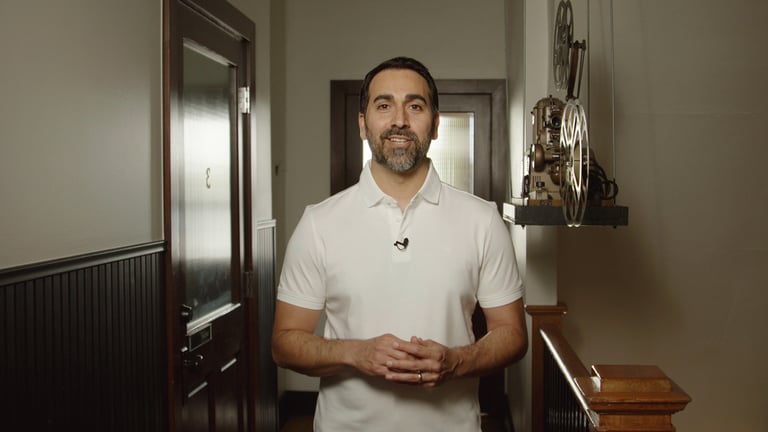
If something happened to a breadwinner in your household, could you stay financially afloat? It’s not the most pleasant thought, but it’s an important consideration when getting your finances in order.
That’s where life insurance enters the picture. Life insurance can be a good financial safety net for the unexpected. If you get the proper life insurance, you can ensure your family is taken care of, no matter what.
However, life insurance can be tricky to navigate. Its reputation for being expensive is one of the reasons why only 54% of Americans were covered by life insurance in 2020, as Bankrate reported.
Below, find answers to some of the most commonly asked questions about life insurance.
What is life insurance?
At a basic level, here’s how life insurance works: You take out a policy and, when you die, any named beneficiaries get a payout, called a death benefit. They can use this death benefit for funeral costs, college tuition, mortgage, or other monthly bills.
How much life insurance do you need?
Of the Americans who do have life insurance, the Life Insurance Marketing and Research Association (LIMRA) reports that 30 million families are underinsured, meaning the payout won’t be enough to help their loved ones stay on steady financial ground. Generally, experts recommend the policy’s death benefit should be at least seven times your annual salary. Make $100,000? You should aim to take out a $700,000 life insurance policy, if not more.
What are the different types of life insurance?
The two most popular types of life insurance are term and permanent. Don’t know the difference? Let’s break it down.
What’s term life insurance?
Term life insurance is valid for a set period. If something were to happen to you during that term, your beneficiaries could get paid out the death benefit. You’ll find that 10, 20, or 30-year term life insurance policies are most common.
With term life insurance, the death benefit is fixed and doesn’t change in value over time.
Note: The payout all depends on the policy’s terms, conditions, and fine print, so be sure to do your homework. Any insurance payouts are guaranteed by the underlying insurance agency.
What’s permanent life insurance?
Unlike term life insurance, a permanent life insurance contract is in-force as long as you’re making the premium payments.
With permanent life insurance, there’s often a death benefit as well as a savings component. As you make your premium payments, a portion goes toward your policy and accumulates over time. Depending on the type of permanent life insurance policy, your policy may also have additional earning potential.
The most common type of permanent life insurance is a whole life insurance policy, sometimes called universal life insurance.
What kind of life insurance is right for you?
The biggest benefit to term life insurance is that it tends to cost less. However, most policies expire before the death benefit is paid out, especially if you get the policy while you’re young. This means you do not get your money back, and your beneficiaries do not receive any benefits if you “outlive” the policy.
With whole life insurance, the biggest benefit is that, as long as you keep making payments, you can’t outlive the coverage. That means your beneficiaries are more likely to receive the death benefit. Make sure you can afford the premium payments, as the contract may expire if those are not met.
Typically, if you want to provide your family with a short-term safety net, in case something should happen to you, to cover big expenses like the mortgage or kids’ college tuition, term life insurance may be a more affordable option. If you want to give your family long-term financial protection or want to include it as part of your estate plan, then whole life insurance might be a good option.
Your age, health, and the type and amount of coverage you buy all affect the cost and availability of a policy. As with any important financial decision, you’ll want to thoroughly research your options and shop around with multiple carriers.
About Learn
Financial advice for real people, by real people. You shouldn't need a degree to understand your money. Join Head of Education, Brittney Castro and Altruist mentors as they break down financial tips and strategies in a real way to help you finally understand how to achieve your financial goals faster.
Have a question you want to see answered? Ask it here. 🙋♀️

